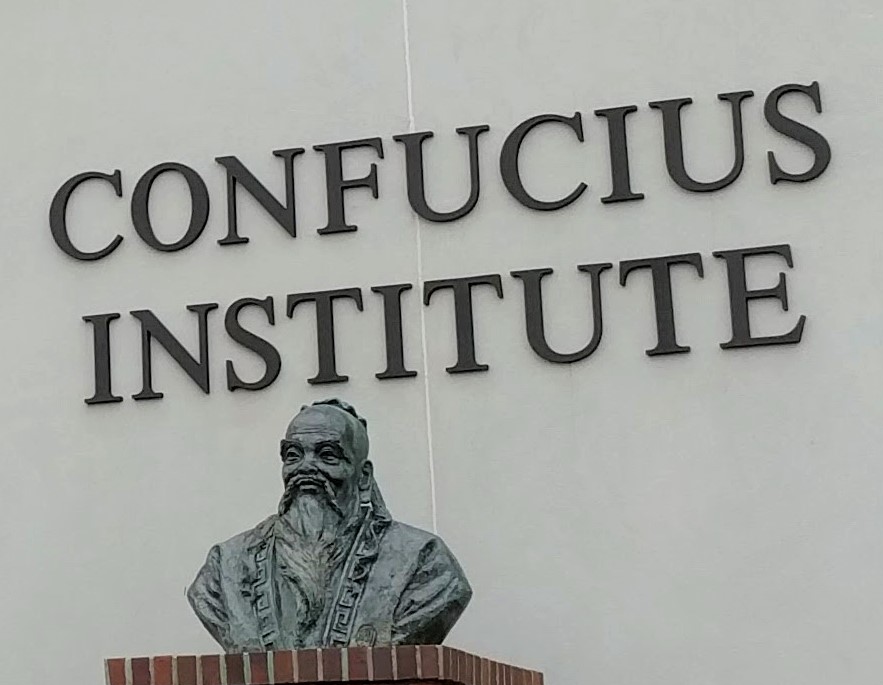The Utah House Government Operations Committee voted unanimously on Wednesday to advance the resolution Protect Utah’s Institutions of Higher Education from Chinese Communist Party Influence (HRJ8), which proposes the closure of Confucius Institutes on university campuses. It will now be forwarded to the full Utah House for consideration.
Utah has Confucius Institutes at the University of Utah (UoU) and Southern Utah University (SUU). Rep. Candice Pierucci (R-Herriman) revealed that UoU has already started shutting the program down and SUU is open to the possibility as well.
Confucius Institutes have been a part of US universities since 2004. They provide students with instruction in Mandarin language and Chinese culture. However, as tensions between the US and China have continued to grow, so have concerns that China is using these institutions to conduct espionage.
“I really think it’s essential for students on Utah’s campuses to have access to language and cultural offerings free from the manipulation of the Chinese Communist Party and its proxies,” Pierucci, the sponsor of the resolution, stated to the committee.
Effects of US-China Conflict on Higher Ed
Since 2018, universities around the US have begun closing down the programs after a Senate report found that the Institutes had spent $150 million in the previous decade to limit criticism of China’s political policies and disseminate propaganda throughout more than 100 colleges in the country.
Institutions which have severed ties with the Confucius Institute include Indiana University, Arizona State University, University of North Florida, University of South Florida, University of Michigan, and the non-profit organization behind the SAT and AP tests The College Board.
Professors who are suspected of hiding ties to China have also been arrested, such as Professor Gang Chen of the Massachusetts Institute of Technology and Professor Feng Tao of the University of Kansas.
Tensions between the US and China have escalated in recent years due to conflict over the South China Sea and an “on-again, off-again” trade war.



